Buying a car is one of the most significant decisions you’ll ever make. Whether it’s your first vehicle or an upgrade from your current ride, navigating the used car market in Pakistan can be overwhelming without the right knowledge. With fluctuating prices, changing consumer demands, and evolving regulations, it’s vital to understand the entire process before purchasing second-hand cars. This comprehensive 2025 guide serves as the ultimate checklist for buying used cars in Pakistan, helping you make a smart, well-informed, and financially sound decision.
Within the first few steps, you’ll encounter numerous options, advertisements, and listings from various cities like Karachi, Lahore, Islamabad, and beyond. Among them, it’s crucial to recognize genuine sellers and reliable platforms.
Understanding the Used Car Market in Pakistan
The used car industry in Pakistan has witnessed immense growth over the past decade. With rising inflation and increasing new car prices, more consumers are turning to used vehicles for affordability. Additionally, the ease of buying online, flexible financing, and improved access to inspection services have made second hand car purchase more appealing.
In cities like Lahore, Karachi, and Islamabad, buyers have access to a wide variety of models ranging from locally assembled vehicles to imported Japanese options. The market is also influenced by seasonal trends, policy changes on car imports, and fuel price hikes—all of which impact buying behavior.
Step 1: Know Your Budget and Purpose
Before exploring listings, it’s essential to determine your budget and the specific purpose of the vehicle. Whether you’re buying for family use, daily commuting, or occasional long trips, your requirements will affect the type of vehicle you should consider. Sedan, hatchback, SUV, or pickup—the choice depends on how you plan to use it.
A well-set budget not only helps in narrowing down options but also ensures you consider extra costs such as registration, token tax, insurance, repairs, and fuel economy. Being realistic about ongoing maintenance costs is crucial, especially when dealing with second hand cars.
Step 2: Choose the Right Model
Once the budget and purpose are clear, the next step is selecting the right model. Pakistan’s used car market offers a mix of locally manufactured cars (like Suzuki, Honda, and Toyota) and imported models (mostly from Japan). Local cars are typically easier to maintain due to the availability of spare parts and mechanics. Imported options, on the other hand, often offer better build quality and more features but can cost more in repairs.
For those considering city driving, hatchbacks like Suzuki Alto or Wagon R are popular for their fuel efficiency. Families may prefer Toyota Corolla or Honda Civic due to their spacious interiors and durable engines. If you’re seeking a car for sale in Lahore, the diversity of listings is broader, allowing access to newer models and better-maintained vehicles.
Step 3: Verify the Car’s History
This is a critical step in buying a used car. Check if the vehicle has been involved in an accident, repainted, or had any major part replacements. Scrutinize the following:
- Chassis number and engine number (make sure they match the documents)
- Service history records (regular oil changes and maintenance)
- Ownership record (first owner, second, or more)
- Registration city and year
A car with a clean history, fewer previous owners, and service records is a safer bet. If you’re exploring used cars in Pakistan from private sellers, always insist on reviewing original documents.
Step 4: Physical Inspection and Test Drive
No matter how appealing the car looks in photos, a physical inspection is non-negotiable. If you’re not confident in your mechanical knowledge, hire a trusted mechanic or vehicle inspection service.
During the inspection, pay attention to the following:
- Body condition: signs of repaint, rust, or collision
- Engine noise, leaks, or smoke from the exhaust
- Suspension and undercarriage issues
- Tires and brakes wear and tear
- Functioning of electrical components: windows, lights, wipers, etc.
Step 5: Check Vehicle Documentation Thoroughly
Car documents are the backbone of any genuine used car transaction. Ensure you receive and verify:
- Original registration book
- Sales deed or transfer letter
- CNIC copy of the seller
- Original and duplicate keys
- Valid token tax receipts
- File from excise department (if applicable)
Many scams occur due to forged documents or tampered registration books. Especially in large markets like Karachi or Lahore, remain vigilant and only proceed when every document checks out.
Step 6: Negotiate Smartly
Negotiation is a part of the buying process in Pakistan. Don’t hesitate to counteroffer after your evaluation. If the car needs minor repairs, use that as leverage to bring the price down. However, be respectful and fair during the negotiation process.
If buying from a dealer, verify their reputation. Reliable showrooms typically offer warranties or inspection reports. For private sellers, transparency is key. Avoid emotional decisions and don’t rush. Take your time and walk away if the deal feels suspicious.
Step 7: Complete the Payment and Ownership Transfer
Once everything checks out, finalize the payment through a bank transfer or a pay order. Avoid large cash transactions due to the risk of fraud. At this point, both parties should sign the sale agreement clearly stating the terms and date.
To complete the ownership transfer:
- Visit the Excise and Taxation Office of the registration city
- Submit the transfer application with required documents
- Biometric verification (now mandatory in most cities)
- Pay the transfer fee and receive an acknowledgment slip
Avoiding Common Scams in Pakistan’s Used Car Market
The used car industry in Pakistan, while thriving, is also rife with fraud. Some common scams include:
- Odometer tampering to reduce shown mileage
- Selling accidental cars with repaired exteriors
- Forged documentation and fake registration papers
- Advance payment scams through online listings
Only deal with verified sellers or reputed platforms to reduce these risks. Never make payments without seeing the vehicle, verifying documents, and confirming seller identity.
Digital Transformation: Role of Online Marketplaces
Over the past few years, the trend of buying and selling used cars in Pakistan online has skyrocketed. Platforms like Wise Wheels, PakWheels, and OLX have revolutionized the second-hand car market. Online tools help buyers filter cars based on price, location, brand, and fuel type. Some platforms also offer inspection reports and financing options.
If you’re looking for Used Cars in Pakistan from the comfort of your home, these online platforms provide a safer, faster, and more transparent experience. However, always remain cautious about fraud and ensure proper documentation even when buying online.
Conclusion: Used Cars in Pakistan
Buying Used Cars in Pakistan is a practical and budget-friendly decision, but only if done right. From setting a clear budget and understanding market trends to verifying documentation and ensuring a smooth transfer, every step matters. Avoid rushing, always inspect physically, and prioritize transparency.
Whether you’re on the hunt for your next vehicle or ready to sell your current one, Wise Wheels PK is your trusted online destination. With verified listings, expert inspection services, and a commitment to safe transactions, Wise Wheels simplifies your journey of buying or selling second-hand cars in Pakistan.
FAQs: Used Cars in Pakistan
Q: How can I verify the mileage of a used car?
A: Check service history records and get an OBD scan or inspection from a professional. Be wary of older models with unusually low mileage.
Q: What documents should I check before buying?
A: Registration book, transfer letter, CNIC copy, token tax receipts, and original invoice (if possible). Make sure all documents are genuine and match the seller’s details.
Q: Can I get car financing for a used car?
A: Yes, many banks and online platforms offer financing for used cars in Pakistan. However, eligibility depends on the car’s age, model, and your income verification.
Q: Is biometric verification necessary for car transfer?
A: Yes, biometric verification has become mandatory in most cities to prevent fraud. Both buyer and seller must be present for the process.
Q: What are the signs of a poorly maintained used car?
A: Visible rust, engine leaks, odd noises during a test drive, uneven tire wear, and inconsistent service history often point to poor maintenance.

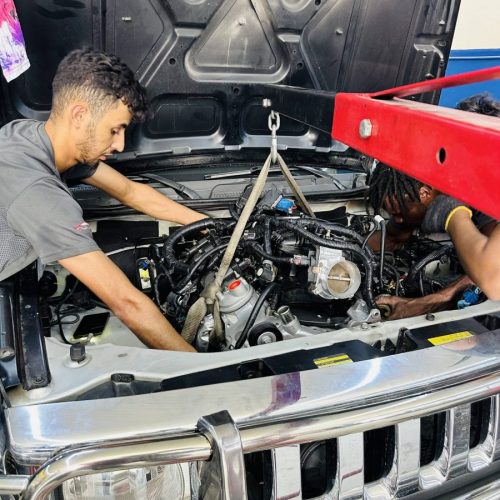
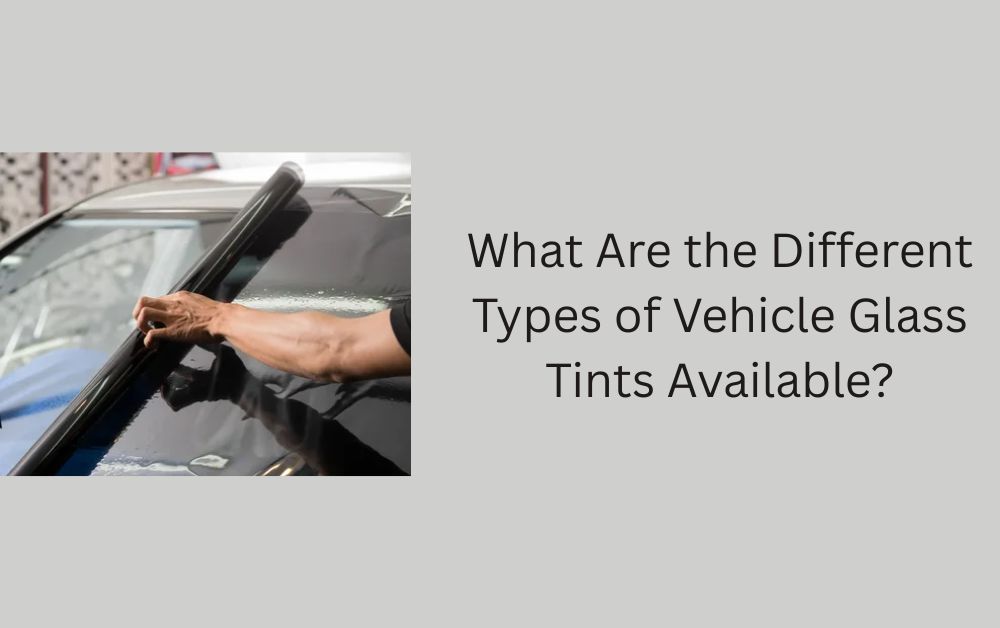
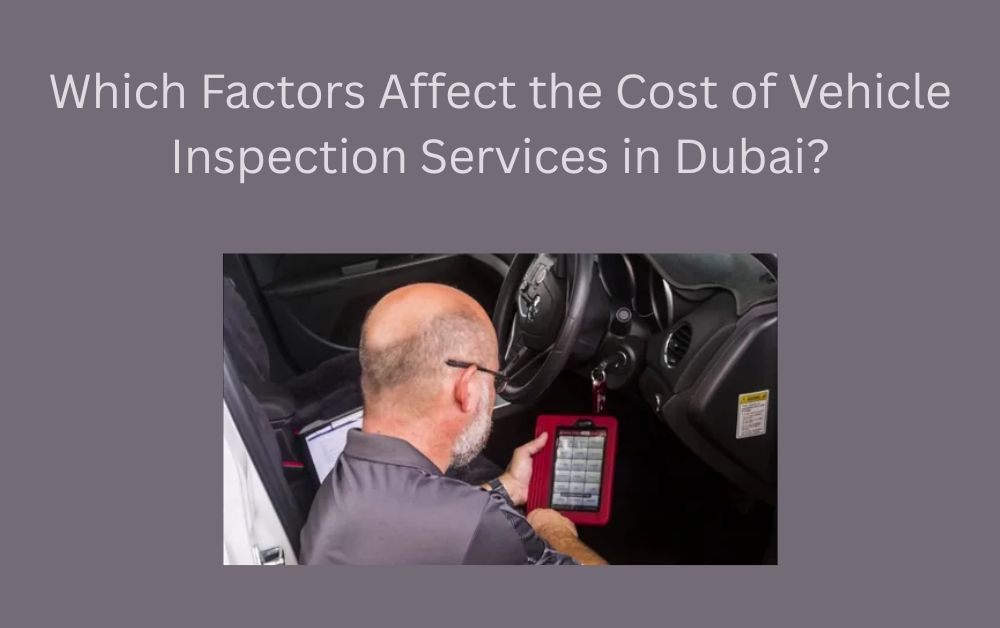
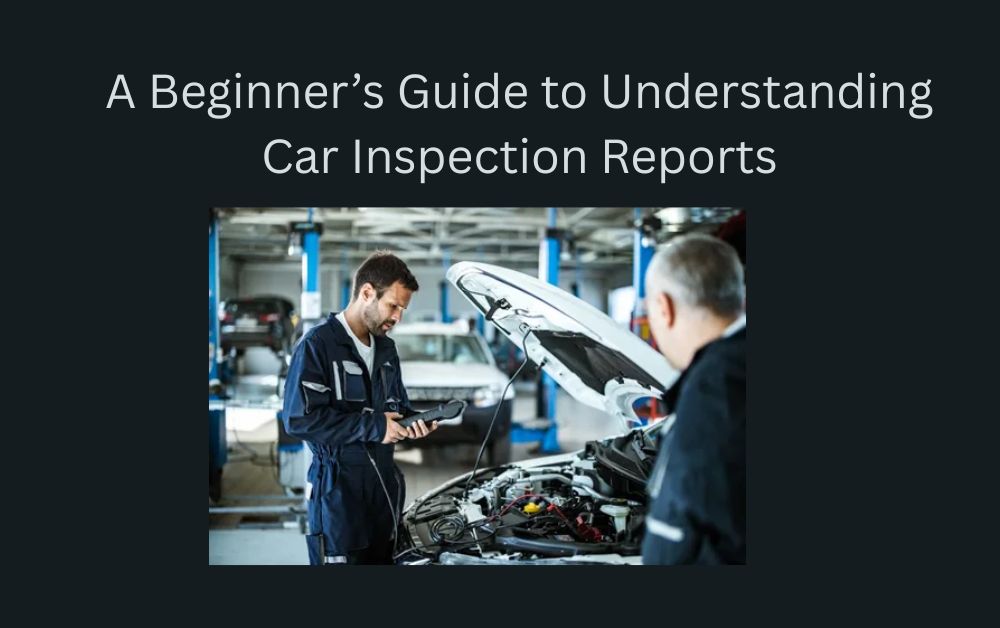
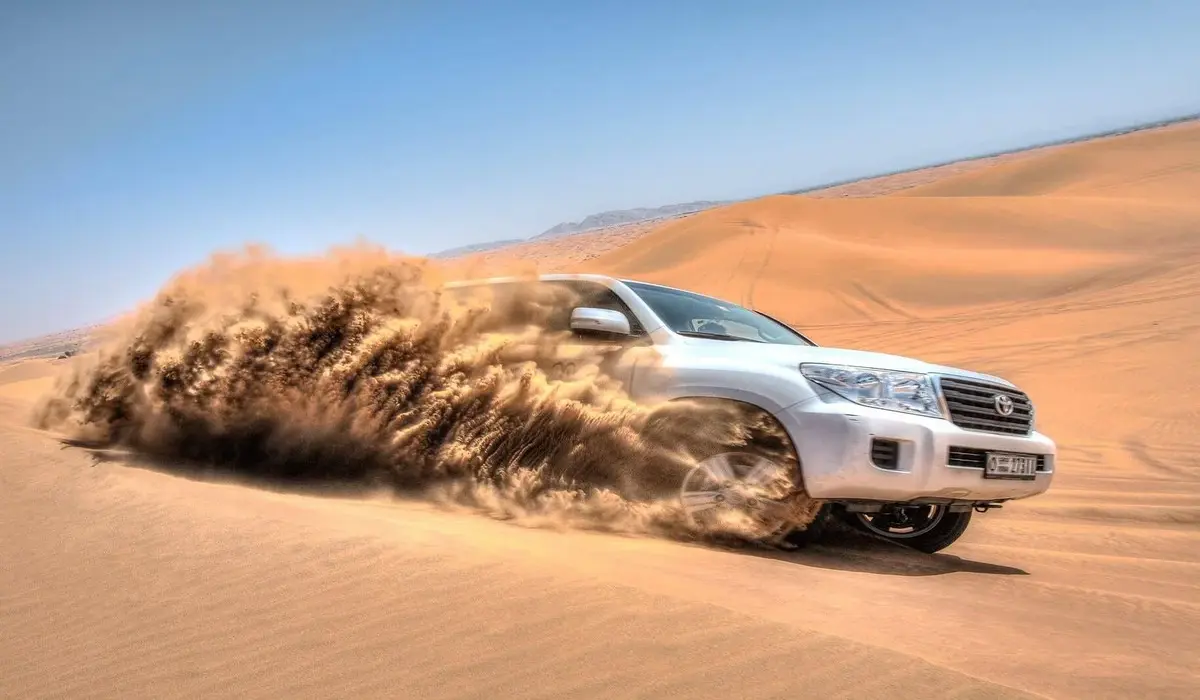

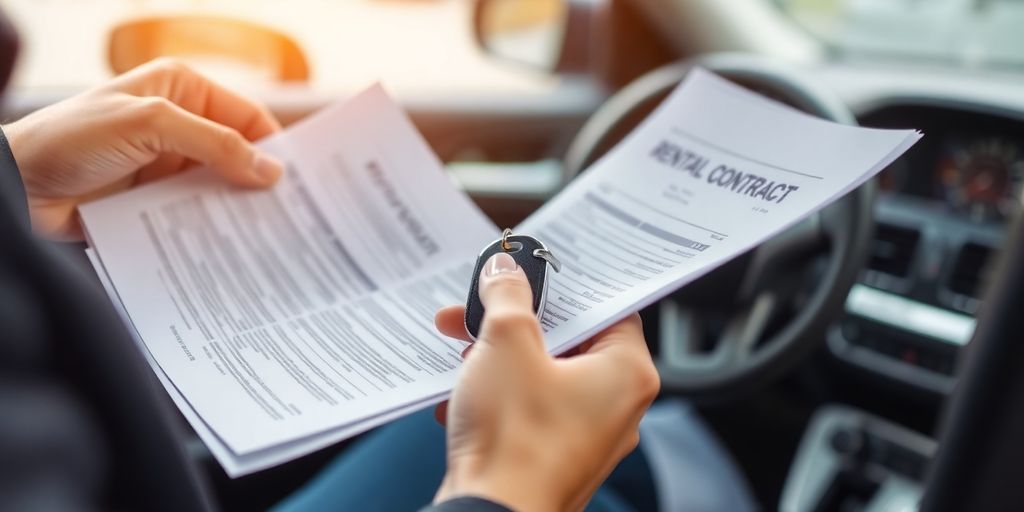


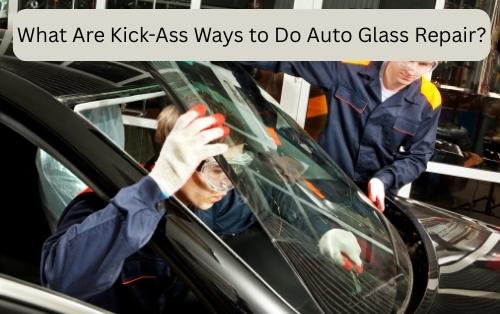

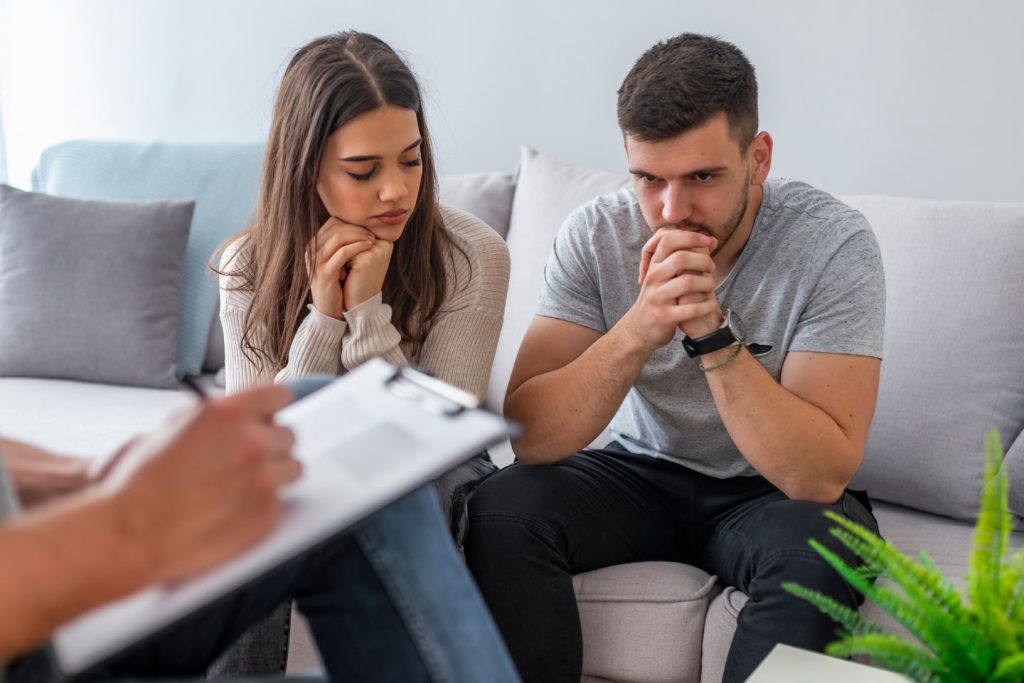
Leave a Reply